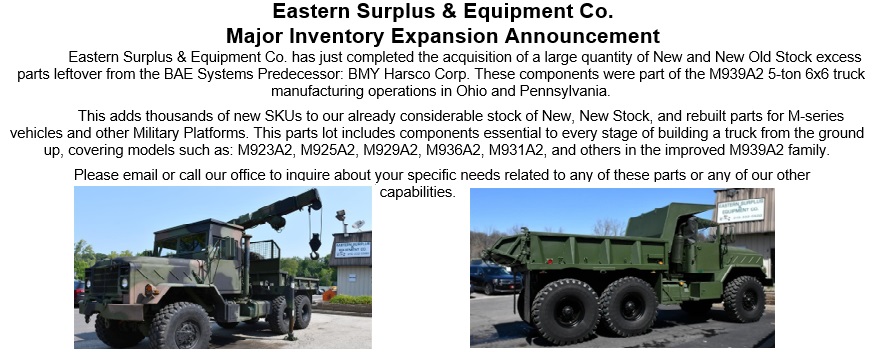- 18,636
- 6,329
- 113
Steel Soldiers now has a few new forums, read more about it at: New Munitions Forums!

That's one that definitely snuck under the wire; first I ever heard of it either.The Awesome B-54 Ultrafortress, Boeing’s Best Piston Prop Bomber That Failed To Ever Fly
View attachment 672513
(edit: See later post for corrected link.)
Follow that link to a lengthy yet informative article. I had never before heard of this BOMBER.

MyI wonder what it was about WWII Germany that gave them all that initial edge in aeronautical/ rocket technology.
I got a kick out of the article noting that the quantity of engine parts and the tolerances were so finicky that the engines had a tendency to "burn and explode". Then goes on to say how the mechanics were happy then once the aircraft got retired:View attachment 672668View attachment 672669 A little more info on the B-54. The Pratt & Whitney Wasp Major VDT engine diagram. On paper the engine was capable of 4000/4500 hp. Also the Boeing B-54 mockup.
Absolutely, ColdWarrior; I'm sure you're right about that.Flight crews are happiest when they are in the air.
They are most apprehensive with the goobermint (via the engineers, designers, builders and technicians) fail to give them reliable, safe, airworthy ships in which to venture above terra firma (solid ground)


Now that is a SERIOUS "Profundity" there A. Ahab! LMBOAbsolutely, ColdWarrior; I'm sure you're right about that.
But I always remember the comment made by a National Guard aviator I used to work with who told me once:
- It's aways better to be down here wishing you were up there,
- Than to be up there wishing you were down here.
Rory, you know the Germans were starving and living in hovels after WW1 and the Wiemar Republic debt money system was ravaging their economy for a very long time. That's when the saying "it takes a wheel barrow full to buy a loaf of bread" came about.Myworth of opinion......
One of the big factors - financial support.
From the mid-30's the German government was willing to provide the money and facilities for research to pretty much anyone who came up with even slightly reasonable ideas for advancing technology, particularly in the realm of weaponry. Consequently, they were years ahead of everyone else when the others went "Hey!?" as WWII started, and they continued to advance throughout the war.
In the 1920's/30's the British were being tight with their budgets, and their top military brass were a bit too traditionalist in their thinking and tended to dismiss new ideas. Many good ideas were postulated, but the inventors were chastised for being fanciful, (Whittle with his jet engine) and in many cases actually prohibited from investigating/experimenting further. This thinking carried on into the war - look how much trouble Barnes-Wallis had trying to get someone to listen to his brilliant ideas.

